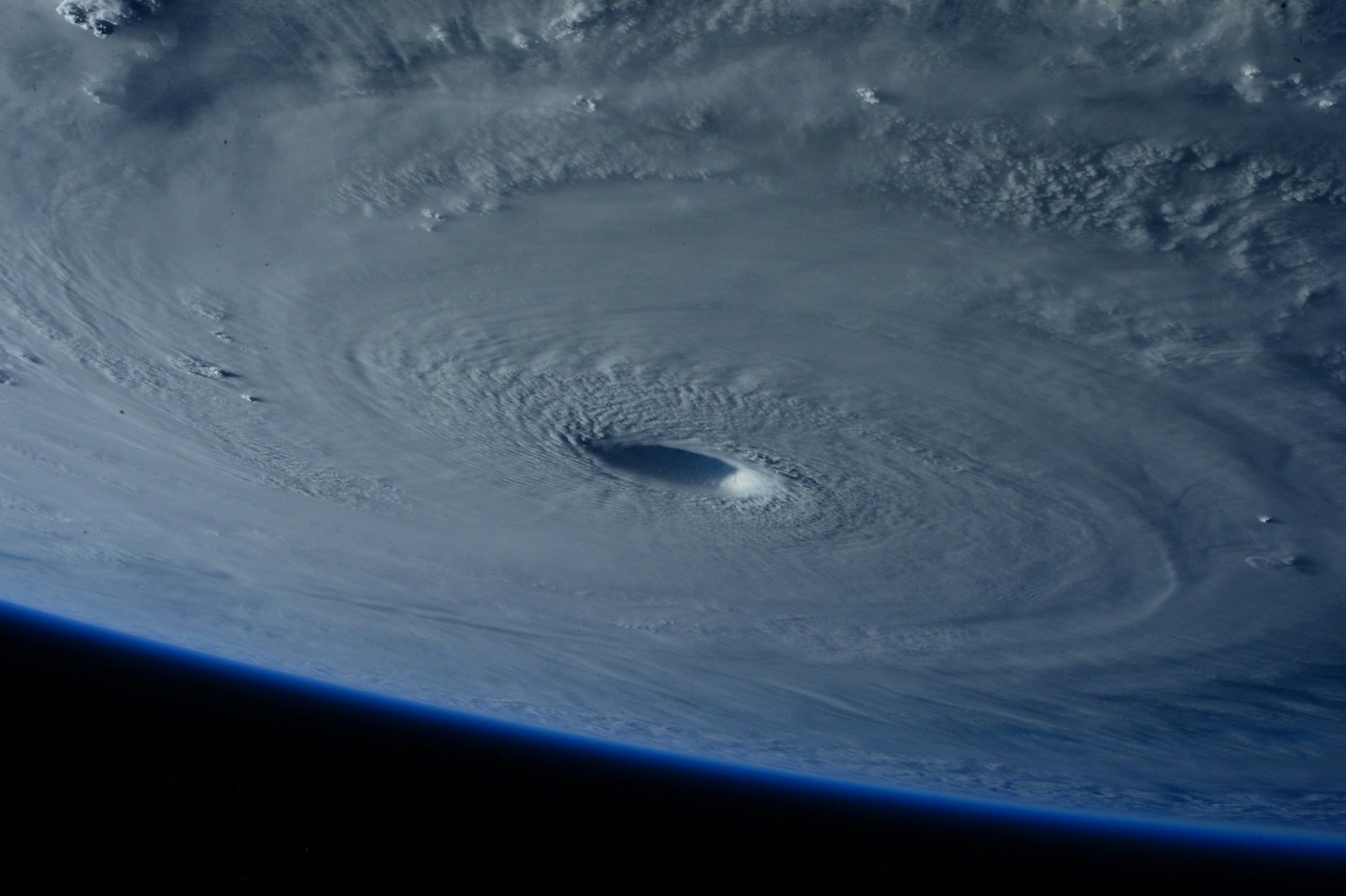Baillie Gifford faces £12m payout as Hurricane Melissa triggers “cat bond”

Edinburgh-based fund manager Baillie Gifford is set to pay out as much as £12 million in “catastrophe bond” insurance following Hurricane Melissa.
The Category 5 storm, which struck Jamaica last week, triggered the terms for a disaster relief payout. Through its exposure in two funds, Baillie Gifford is part of an investor group expecting to pay a possible total of $150m (c. £114m) to the Jamaican government, according to data seen by The Observer.
This particular “cat bond” was issued by the World Bank on behalf of Jamaica, offering coverage for named storm events over the 2024 to 2027 hurricane seasons.
So-called “cat bonds” are fixed-income products designed to get aid to disaster-hit areas more immediately than traditional insurance. In return for holding the bonds – which have pre-agreed parametric triggers, such as wind speed – investors typically expect high yields of around 9% per year.
The market allows governments and insurers, who face climate-related losses of over $100 billion (c. £76bn) annually, to transfer that risk to capital markets.
Data from Morningstar shows other investors in the bond include US asset manager Stone Ridge, with holdings over £28m, and Schroders, with over £9m.
However, the presence of these assets in mainstream portfolios has attracted scrutiny. “The two Baillie Gifford funds stand out… because these are generalist multi-asset portfolios, not specialised catastrophe bond funds, so investors might not expect to find cat bonds in there,” said Mara Dobrescu, a Morningstar analyst.
While Baillie Gifford did not comment, it is typical for such defaults to be factored into investment strategies, with managers diversifying risk by holding different bonds.
Yet the increasing frequency of extreme weather is challenging the models used to price these assets. Ms Dobrescu noted the bonds are based on “really long-term historical data”, raising “questions about whether those long-term securities can stay valid” if the world sees an “exponential rise in the frequency of certain disasters”.







